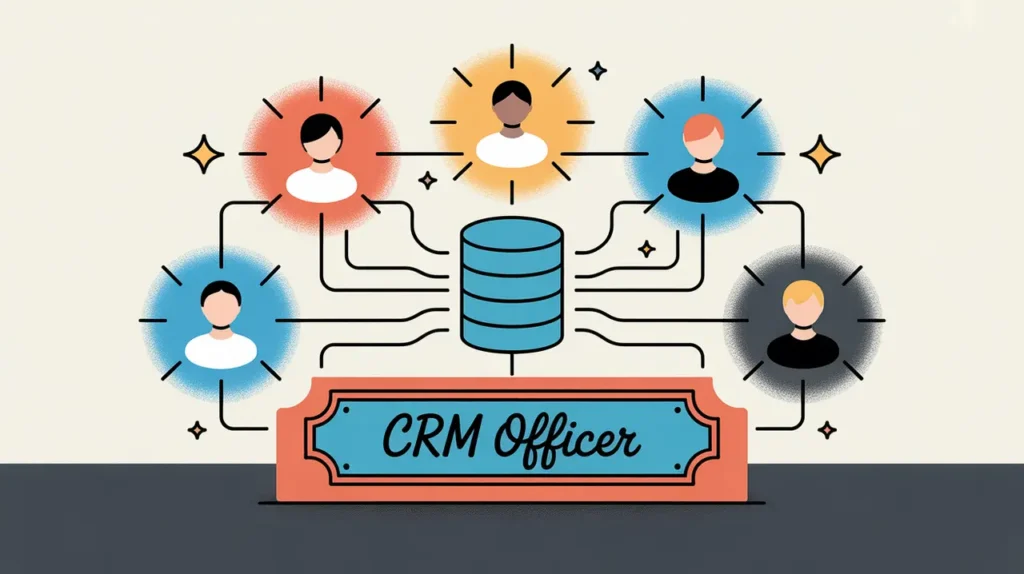What Does the Platform Support Associate Role Involve?
A Platform Support Associate is responsible for providing day-to-day operational and user support for the organization’s digital platforms. They ensure that platforms are functioning correctly, assist users with technical issues, manage routine updates, and maintain accurate content and data. Their role is primarily focused on execution and service, supporting teams and users to make effective use of digital systems.
In nonprofits and social enterprises, Platform Support Associates play an important role in ensuring that technology reliably supports program delivery, communications, and organizational operations.
At What Level does this Role Operate?
Entry Level: Platform Support Associates typically operate under the supervision of a Platform Coordinator, Platform Manager, or IT Lead. They focus on carrying out defined tasks, providing frontline user support, and maintaining data and content accuracy within established workflows.
Relative Employability: Platform Support Associate roles are widely available across organizations that rely on digital tools for their core functions. These roles provide a valuable entry point for individuals interested in digital operations, IT support, or platform management within mission-driven organizations.
Relative Pay Scale: Platform Support Associates usually fall within the lower pay bands, aligned with administrative or IT support roles. Compensation may increase with technical proficiency or progression into specialist or coordinator positions.
What are the Key Responsibilities and Activities?
- Provide user support by responding to inquiries, troubleshooting issues, and escalating problems as needed
- Perform routine content updates, data entry, and maintenance on digital platforms
- Monitor platform performance and flag issues for resolution
- Support onboarding and training of users through basic guides or demonstrations
- Maintain accurate documentation, records, and logs of platform activities
- Assist in testing and implementing platform updates or new features
- Coordinate with technical teams to ensure smooth functioning of systems
- Contribute to continuous improvement by providing user feedback and suggestions
What Core Competencies and Qualifications are Needed?
Required Qualifications and Experience
The following reflect common qualifications and experience expected for this role, while recognizing that pathways may vary by context, organization, and region.
- Relevant academic background in information systems, communications, administration, or related fields
- Experience providing IT or platform support, or familiarity with digital tools and systems
- Basic technical troubleshooting skills and comfort with learning new software
- Strong attention to detail and organizational skills
Key Competencies
- Technical proficiency with platform interfaces and basic support functions
- Strong communication skills for assisting users and documenting issues
- Accuracy and reliability in data and content updates
- Ability to follow established workflows and escalate issues appropriately
- Customer service orientation and responsiveness to user needs
- Adaptability to work with multiple platforms and evolving tools
How are AI and Automation Shaping this Role?
An AI-native Platform Support Associate can use AI tools to automate routine support tasks such as ticket triage, knowledge base searches, and standard responses. AI-powered monitoring tools can detect platform issues early, while workflow automation can handle repetitive updates and notifications. This allows associates to resolve issues faster, reduce manual workload, and focus on higher-quality user interactions.
What Career Pathways and Transferable Skills are Associated with this Role?
Platform Support Associates can progress to roles such as Platform Coordinator, Platform Specialist, CRM Manager, or Digital Operations Lead. Their technical and support skills are transferable to IT, digital product management, and operations roles. With experience, they may take on greater responsibility for platform administration, strategy, or systems integration within the organization.







